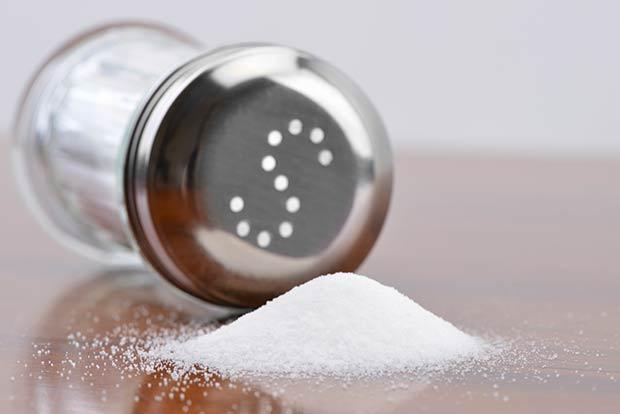But there was an unexpected twist lurking in the data: those same participants showed an increased deliberation—aka, the tendency to think before acting—nearly twice as much as those who maintained a consistent weight between check points.
“We suspect there is a social element to it,” explains Angelina Sutin, Ph.D., study author and assistant professor at Florida State University College of Medicine. “When people gain weight, it usually does not go unnoticed, and family and friends will often comment on it. This may translate into a greater tendency to think before acting, even if the individual isn’t able to control his or her impulses.”
This is just one of the many examples of the connection between our psychology and physiology. Stress, for example, while a psychological burden, prompts a number of physiological responses like headaches, weird dreams, and even bleeding gums (check out more signals you’re silently stressed, here).
Deliberation is generally a good trait to have, says Sutin. It’s keeping your impulses in check, especially the emotional ones, that will keep you from spiraling. Take this short quiz to find out where you sit on the impulsiveness scale, as well as tips for practicing extra patience.




